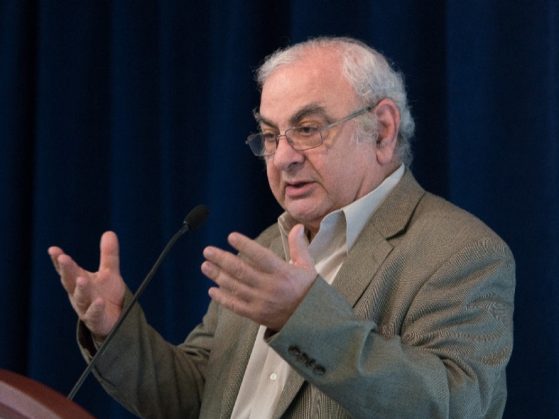Dear Editor:
I read with deep sadness Vahan Zanoyan’s article “Realism, Vision and Defeatism: Right and Wrong Lessons from the War” (Armenian Mirror-Spectator, February 3, 2021).
Zanoyan argues that the first president Levon Ter-Petrossian’s and my realism are responsible for Armenia’s current woes, and he equates that realism with “defeatism.” He is also very quick to bemoan the fact that so many Armenians now think that such realism would have served the interest of Armenia and Armenians interest better than the predictably disastrous policies that led us to where we are now. The author also argues that there is nothing wrong with the ideologically inspired mentality that extolls visions and miracles, a mentality which “defeatists” say is responsible for the most recent war and the defeat in that war; the problem, he argues, is only with the execution of that mentality.
In doing so, Zanoyan joins many others who would rather cover their failures instead of stopping for a moment and casting a critical look at what actually led us here, something many Armenians seem to be doing, something Zanoyan finds dangerous. These are our self-described “visionaries.” Since this author’s arguments are shared by many others, I thought it would be appropriate to consider them at some length.
Let me begin by expressing my dismay at the number of distortions and outright misrepresentations of the first president Levon Ter-Petrossian’s and my own words and views. I will not enumerate them here since that would constitute a whole article in and by itself. Instead, I will focus on the core issues of the author’s argument since these are even more dangerous than those falsehoods.
It takes a particular kind of impudence to prescribe again the cure to the disease that incapacitated the patient and brought him close to death. It takes a particular kind of impudence to then go on and blame the alternative cure that was certain to have produced a better outcome. Zanoyan is doubling down on a mentality that led us to war, a war that caused the death of some 4,000 young Armenian men, an unnecessary war that was lost, a war that erased most of the gains of the previous war where we were successful, a war that has done some irreparable damage to our vital interests. It takes also either blindness or shamelessness to rewrite that failed prescription even before all the bodies of the soldiers killed in that war are buried.








